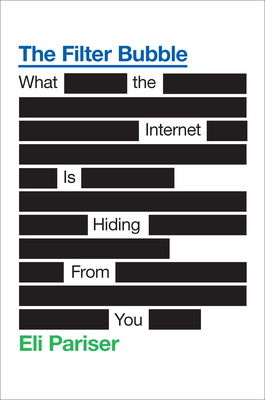 |
| The White House |
But what does this have to do with rhetoric or civic engagement? I think a kid like this can and will persuade other kids to take the initiative to follow their dreams just like Wilson. He is an example for kids throughout the world that you do not have to be above a certain age in order to do something amazing and make a difference in the world. I think in this sense, Wilson is able to promote civic engagement in our youth.
I don't know about you, but hearing stories of success of kids is always very inspiring in my opinion. It makes me personally want to strive to do more with my life. There is always more that you can do to better your chances of doing something great with your life and kids like Taylor are the reason that I have come to realize that. Do you feel that stories like this have a strong effect on you as well?


